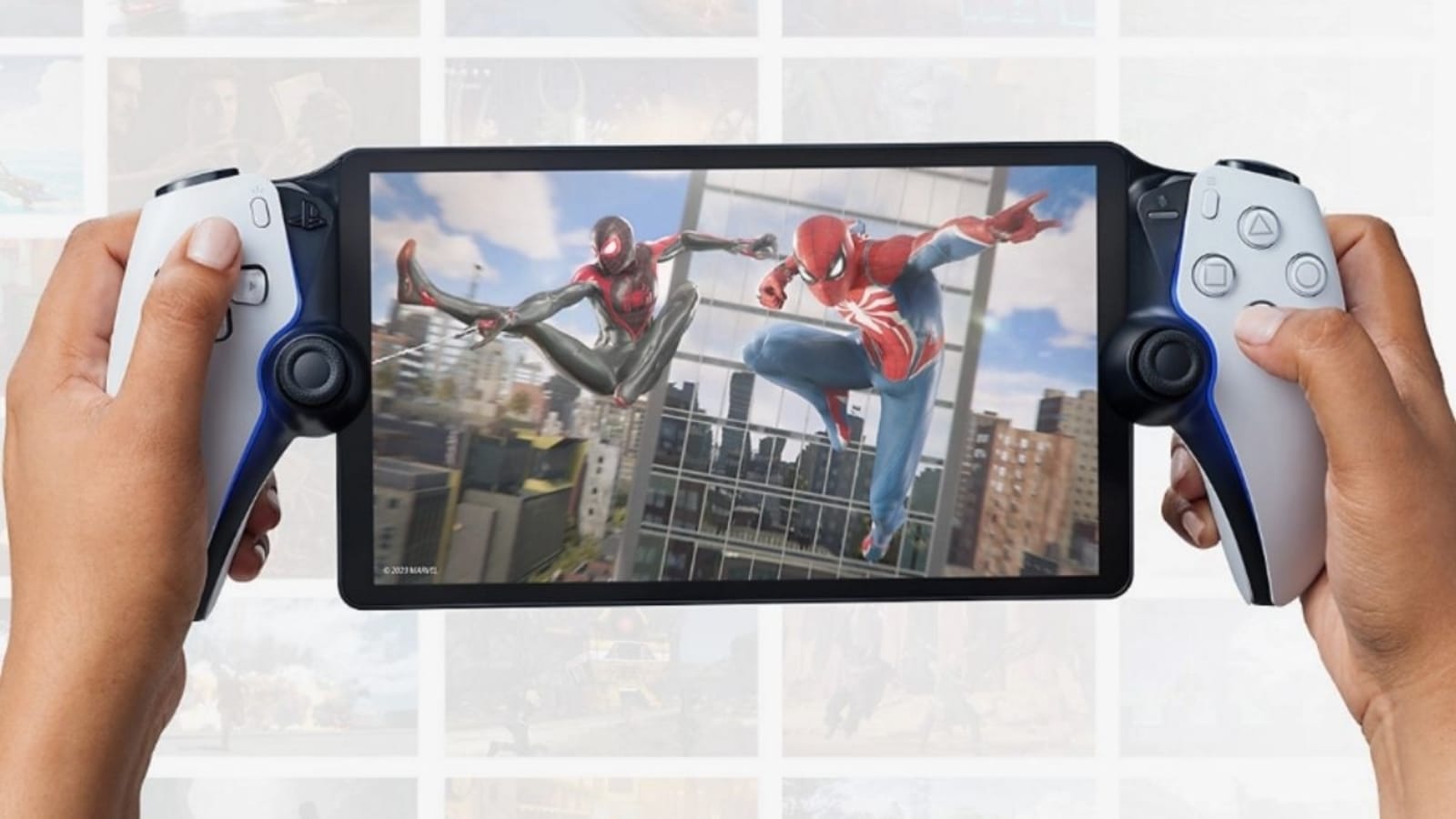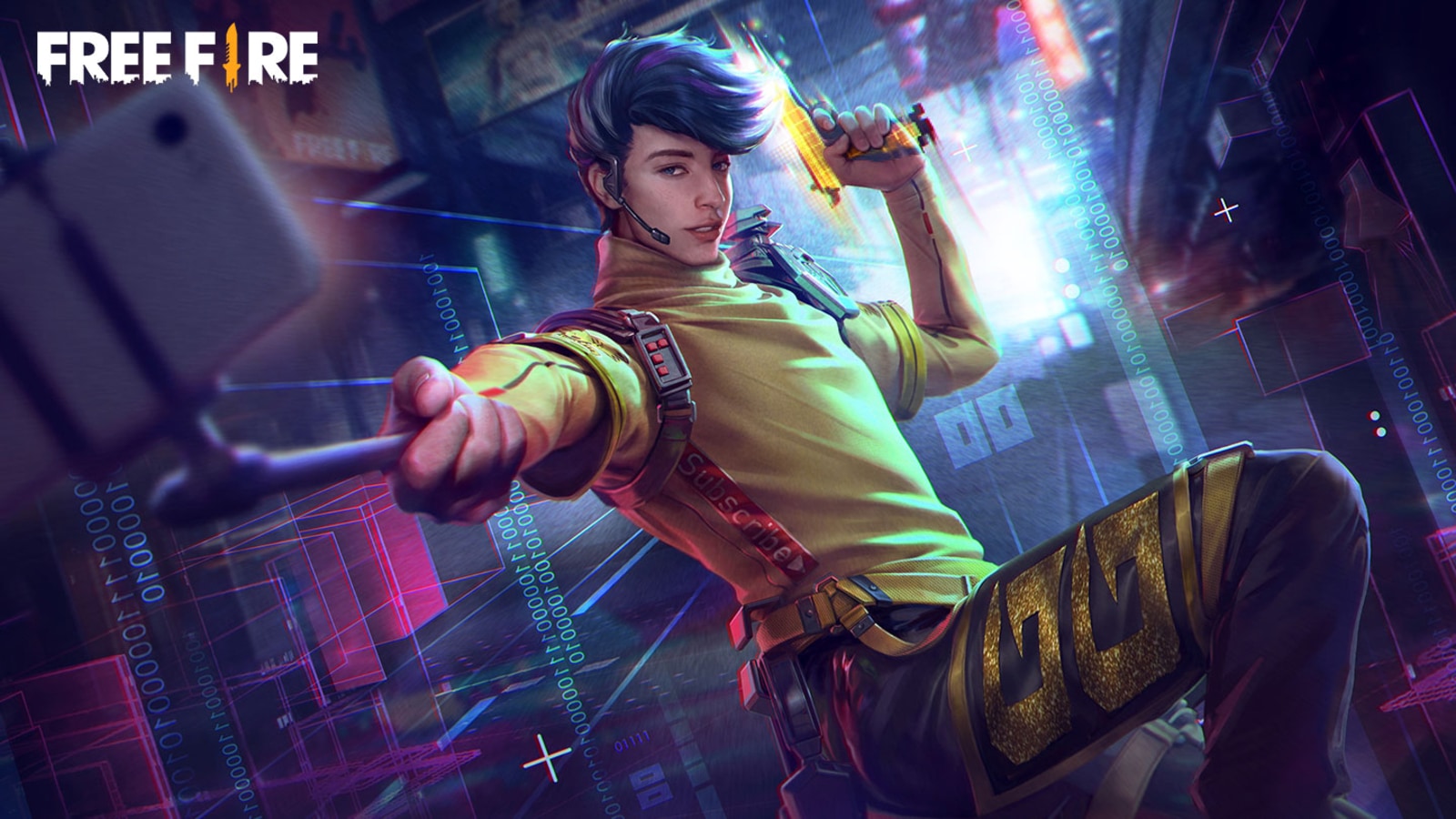President Vladimir V. Putin of Russia traveled to Mariupol, a Ukrainian city his forces captured after a devastating siege, in a defiant and highly symbolic move that came two days after an international court issued a warrant for his arrest.
Mr. Putin flew by helicopter to Mariupol, a city on the Azov Sea that was a major industrial hub before the invasion, the Kremlin said in a statement on Sunday. In the city, Mr. Putin drove from the airport through several neighborhoods, the Kremlin said, inspecting reconstruction works with a top Russian official responsible for infrastructure. The Kremlin also said that Mr. Putin spoke with some local residents.
Before the Russian invasion plunged Mariupol into one of the fiercest urban battles of recent times, the city was home to more than 400,000 people and the site of Europe’s largest steel plant.
It was Mr. Putin’s second unannounced trip of the weekend to Russian-occupied areas of Ukraine, and the closest the Russian leader has been to the front lines since the full-scale invasion last February. His trip on Saturday to Crimea was timed to coincide with the ninth anniversary of Russia’s illegal annexation of the peninsula.
The two high-profile visits were defiant gestures from the Kremlin less than 48 hours after an international court accused him of war crimes and issued a warrant for his arrest. The warrant claims that Mr. Putin bears individual criminal responsibility for the abduction and deportation of Ukrainian children since Russia’s invasion last year.
The locations were deeply symbolic: This was Mr. Putin’s first travel since the war began to the Donbas region of eastern Ukraine, full control of which he has made the stated objective of his forces.
Apart from Mariupol, Mr. Putin on Sunday also visited the Russian city of Rostov-on-Don, where he met with top military commanders involved in the war in Ukraine, the Kremlin said.
Since the start of winter, both sides have been locked in a grinding battle for land in the east where the front line has barely moved, each army running short of ammunition and experiencing mounting casualties. Mr. Putin has shown no signs of easing up or heading to the negotiating table, and President Volodymyr Zelensky of Ukraine has vowed to recapture all the territory that Russia grabbed, including Crimea.
Ukraine is expected to mount a spring offensive to reclaim Russian-occupied territory, bolstered by new and sophisticated weapons from its NATO allies. As the war enters its second year, Mr. Putin has found himself further isolated, with a growing list of sanctions threatening to diminish Russia’s income from the sale of its oil and gas.
On Monday, he will host Moscow’s most important ally, China’s leader, Xi Jinping, giving Mr. Putin an opportunity to reiterate a theme the Kremlin has emphasized since the war’s start: that international support for Ukraine is limited to Western countries.
China has said the three-day visit by Mr. Xi offers Beijing an opportunity to push Mr. Putin into peace talks and has hinted that a call with Mr. Zelensky could follow. But the United States has argued that China is not an honest broker and is providing Russia with much-needed supplies for the war, accusations that China has denied and that have helped drive relations between the two powers to the lowest in decades.
For months last year, Russia poured thousands of troops into Mariupol, one of the most prosperous Ukrainian cities before the war, and indiscriminately bombarded its apartment buildings. Outnumbered and outgunned, Ukraine’s military hung on for weeks, eventually taking shelter in the city’s steel factory. Finally in May, Ukrainian forces retreated, leaving the devastated city in Russian control.























